On the afternoon of August 2, the National Assembly’s Committee on Culture and Society and the Ministry of Education and Training jointly held a seminar on the organization and management of education at the commune level after the reorganization of the local government apparatus. Minister of Education and Training Nguyen Kim Son and Mr. Nguyen Dac Vinh, Chairman of the National Assembly’s Committee on Culture and Society, chaired the conference.
Also attending were Ms. Nguyen Thi Mai Hoa, Vice Chairwoman of the Committee for Culture and Society; representatives of the Government Office and a number of relevant ministries and branches; the National Council for Education and Human Resources Development; leaders of departments and divisions under the Ministry of Education and Training; leaders of a number of Departments of Education and Training; a number of commune-level civil servants and educational institutions decentralized to commune-level management...
Many large and difficult educational management requirements - placed on the commune level
Speaking at the opening of the conference, Minister Nguyen Kim Son said: The two-level local government has been in operation for a month. This is a major task for the entire Party and people, including the education sector.
When decentralizing, many rights are assigned from the central level to the provincial level; many tasks and functions are assigned from the provincial level to the communal level. In the education sector, the Department of Education and Training, as well as the communal level, have changed in nature, requirements, and tasks in state management. In particular, many large and difficult requirements for educational management - are placed on the communal level, and on the civil servants in charge of communal education.
Regarding institutions, the Minister said that the Ministry of Education and Training has advised the Government to issue 2 Decrees regulating decentralization, delegation, and division of authority of two-level local authorities in the field of state management of education; and issued under its authority 6 Circulars guiding decentralization and delegation of authority in the field of education and training.
After a month, it has been noted that in localities, the Department of Education and Training, the People's Committees of provinces/cities, and communes/wards have made great efforts to operate in accordance with the new requirements. However, in order for the apparatus to operate well, in the context that there is only one month left until the new school year begins, there are many issues to be addressed, many things that need to be grasped promptly to resolve, support, even supplement and adjust policies so that the two-level local government can operate well, education officials can complete their tasks and when entering the new school year, they will not be confused, and the new management model will be effective and efficient.
“The Ministry of Education and Training has recently combined inspection, supervision, and situation monitoring. Today's discussion is also a channel to grasp the situation of implementing the organization and management of education at the commune level. From there, it helps the Ministry of Education and Training to closely direct and provide timely support; the Committee for Culture and Society grasps the situation, reports to the National Assembly Standing Committee to have the best direction and policies, helping local authorities at both levels operate effectively and efficiently,” the Minister shared.
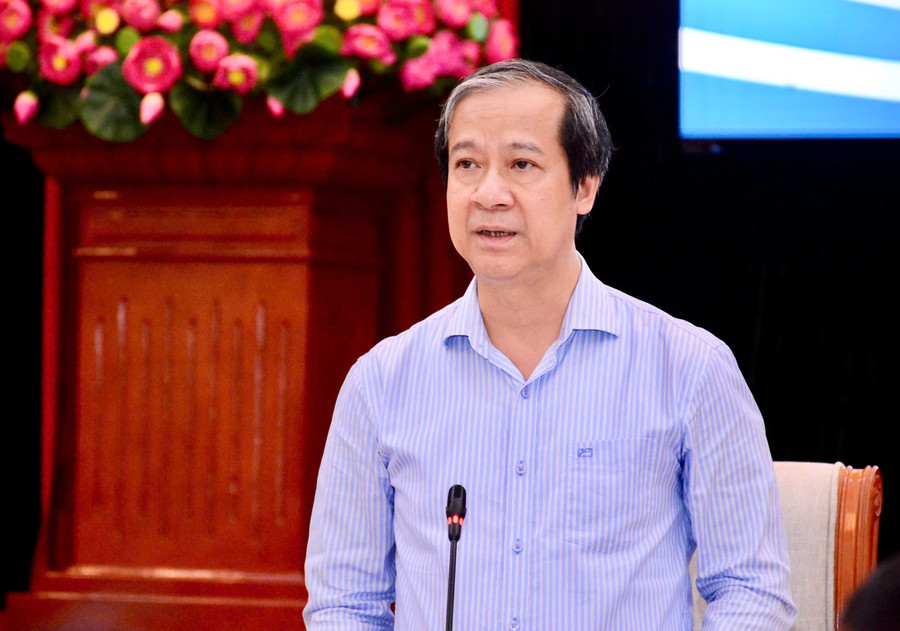
Perfecting institutions and policies, promptly resolving local problems
Reporting on the initial assessment of results in state management of education when implementing the two-level local government model, Mr. Thai Van Tai, Director of the Department of General Education, said:
In order to carry out the tasks assigned by the Party, Government and National Assembly, the Ministry of Education and Training has directed the specialized Departments and Bureaus of the Ministry to continue to promote the spirit of responsibility, solidarity and unity, develop specific and detailed plans for each task, with clear deadlines and products; focus on resolutely implementing the assigned tasks in the Resolutions and Conclusions of the Central Executive Committee, Politburo, Secretariat, National Assembly, Government; 2025 Work Program of the Government and Prime Minister; Document drafting program and 2025 Task Plan of the Ministry.
In particular, the Ministry of Education and Training advised the Government to issue 2 Decrees and promulgate under its authority 6 Circulars on decentralization, delegation of authority, and determination of authority of local authorities according to the two-level local government organization model in the field of education.
On April 8, 2025, the Ministry of Education and Training issued Official Dispatch 1581/BGD&DT-GDPT guiding localities to perform the function of state management of education to ensure maintaining and improving the quality and efficiency of educational institutions in the context of mergers.
After completing the institution, from July 1, 2025, the two-level local government will officially be implemented in 34 provinces/cities under the Central Government. The Ministry of Education and Training has established a hotline to receive feedback and recommendations from localities and provide guidance and resolve issues related to the education and training sector when operating two-level local government. Up to now, the Ministry of Education and Training has received and processed 8 recommendations and feedback from localities. The resolution of local problems is carried out promptly, regularly and immediately via the hotline, ensuring that no difficulties are caused to localities in the process of performing their tasks.
Complete the compilation of the document "Guidelines for implementing state management of education under two-level local government" to provide systematic, complete and accessible information in training, fostering and providing professional guidance to the team of education managers of the Departments of Education and Training and commune-level officials and civil servants in charge of education in implementing the Law on Organization of Local Government in 2025 and newly issued legal documents in the field of education and training.
The Ministry of Education and Training is also implementing a plan to organize a conference to guide the implementation of state management of education according to the two-level local government model (held on August 5, 2025). Issue an official dispatch requesting reports to update the situation and inspection plan, and proactively establish information channels to grasp the implementation status, difficulties and obstacles of localities and units when performing educational and training tasks according to the two-level local government model.
Guide localities to strengthen the direction of implementing local educational programs, textbooks, and materials for the 2025-2026 school year for general education to meet the needs of two-level local authorities and the arrangement of administrative boundaries.
Deploying research and editing the 2018 general education program in a number of subjects; developing guidelines for school year tasks for general education; developing plans for professional support, vocational training, and capacity building for department-level and commune-level civil servants to meet the tasks of two-level local governments and arrange administrative boundaries;
Complete the review, publish according to authority and submit to competent authorities for publication and issuance of administrative procedures related to two-level government; establish a hotline to receive and process administrative procedures in the field of education and training when implementing two-level government.
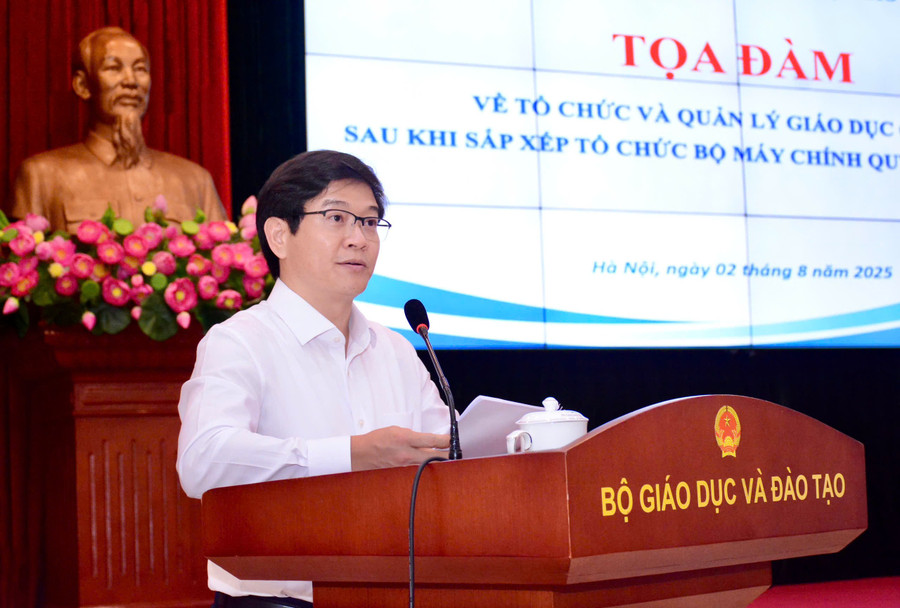
Some initial results
In order to carry out the tasks assigned by the Party and the Government, after the Decrees and Circulars were issued, the Ministry of Education and Training established a Rapid Response Team and strengthened the inspection, supervision, and updating of the local situation and issued an Official Dispatch requesting the Departments of Education and Training to report on the implementation of state management of education when implementing two-level local government. To date, 22/34 Departments of Education and Training have sent reports to the Ministry of Education and Training, the summary results show that:
After implementing the two-level local government model (provincial and communal levels), state management of education nationwide has achieved some outstanding results. Specifically as follows:
Ensuring smooth operation in education management: The assignment and decentralization of responsibilities between government levels and professional agencies are clearly defined. The Department of Education and Training plays a leading role in professional guidance, while the People's Committee at the commune level undertakes direct management in the area, creating effective coordination.
Promoting digital transformation in education management: The whole country has basically deployed synchronous school management software (VnEdu, SMAS, industry databases...), connecting between Department - Commune - School.
The work of rearranging the school network has been enhanced: After the merger, the province reviewed and re-planned the school network to suit the residential conditions.
Improving the quality of human resources for education management: Some provinces have basically completed the arrangement of 1 full-time officer to monitor the education sector at 100% of commune-level People's Committees and have plans to organize training on coordination skills and school management, contributing to improving the effectiveness of management at the grassroots level for the team.
Strengthening management, inspection and supervision: After the Ministry of Education and Training's Inspection Plan was issued, many Departments of Education and Training have developed inter-sectoral inspection plans on school safety, two-session teaching/day, national standards... assigning responsibility to commune-level authorities in monitoring and handling arising situations.
Flexible enrollment, regardless of administrative boundaries: The enrollment work for the first level of the 2025-2026 school year was completed on schedule, ensuring requirements. The solution of unlimited enrollment according to administrative boundaries has received great consensus from parents and students, not only helping students avoid having to study far from home, but also reducing the negative effects of cross-district learning, especially in border areas.
The 2025 high school graduation exam was basically organized safely, seriously, and in accordance with regulations.
Identify opportunities and challenges
The two-tier local government model in education management offers many opportunities, specifically:
Strengthening unity and concentration in professional direction: The removal of the Department of Education and Training creates conditions for the Department of Education and Training to directly manage and operate the entire education system from the province down to the grassroots level. This creates conditions for more unified, synchronous and timely direction, especially in exams, implementation of the 2018 General Education Program, digital transformation...
Optimizing the management apparatus and resources: Streamlining the intermediary apparatus helps reduce administrative costs and increase operational efficiency. Decisions on recruitment, transfer, education planning, investment in facilities, teacher training, etc. are all implemented centrally, limiting overlap.
Promoting digital transformation and application of information technology in education: In the context of direct management of many schools in the province, the Departments of Education and Training have promoted the construction of digital data systems, deployed electronic student records, digital student records, school administration with unified software, electronic teacher records, online training platforms, contributing to improving management capacity in the absence of district level.
Strengthening the role of principals and professional groups: Reducing the number of management levels places higher demands on the autonomy and responsibility of principals and professional groups. This is the driving force for schools to innovate governance, enhance transparency and grassroots democracy.
Along with the opportunities are the following challenges:
Increased workload for the Department of Education and Training: Management workload has doubled, while staffing, technical support systems, and administrative budgets have not been supplemented accordingly. The end of district-level operations, with no more Department of Education and Training, has led to a lack of intermediary forces to provide professional support, inspection, teacher training, and on-site work resolution. The Department of Education and Training must take on all of these functions concurrently, putting great pressure on human resources and organization.
Lack of commune officials with knowledge and expertise in the field of education: Many commune officials are assigned to monitor the field of education but do not have expertise or have never worked in the education sector. Meanwhile, the workload is very large, leading to difficulty in closely following the reality of schools, especially issues of staffing, universalization, enrollment, boarding work, ethnic boarding, etc.
Difficulties in coordinating activities between the Department of Education and Training and educational institutions: With a large number of schools, situation monitoring, inspection, technical support, etc. are interrupted without an intermediary. Especially in localities far from the center, schools have difficulty accessing new instructions, updating training materials, etc.
Difficulties in implementing inter-sectoral tasks at the commune level: Education work is intertwined with areas such as school health, food safety, violence prevention, traffic safety, etc. However, at the commune level, there is currently no effective inter-sectoral coordination mechanism, especially when many civil servants specializing in other fields also hold concurrent positions and there is a lack of people with educational expertise.
Inadequacies in the recruitment, appointment, and transfer of teachers: The Department of Education and Training is no longer the focal point for reviewing needs and developing plans for personnel use at the district level, leading to a lack of input information and difficulty in ensuring reasonable allocation according to the realities of each commune and ward.
Increasing pressure on principals: School principals must be more proactive in developing educational plans, managing human resources, finance, communications, and evaluating teachers, especially from preschool to secondary school when there are no longer Departments of Education and Training.
Lack of official voice of local education officials: There is currently no mechanism for principals and teachers to directly report difficulties in implementing management and teaching tasks to competent authorities. Some opinions from educational institutions show that they are unclear about whether the role of “reporting – receiving – handling” belongs to the commune level or the Department level.
Difficulties in professional work at schools: Organizing professional conferences, training sessions, professional cluster activities, etc. is hindered due to the lack of an intermediary coordinating agency, leading to uneven quality of program implementation between regions.
Increased autonomy for schools but basic corresponding capacity is still limited: Schools are given greater autonomy but many places do not have enough capacity to implement it effectively, especially schools in remote areas.
Source: https://giaoducthoidai.vn/tac-dong-cua-mo-hinh-chinh-quyen-dia-phuong-hai-cap-den-quan-ly-giao-duc-post742528.html


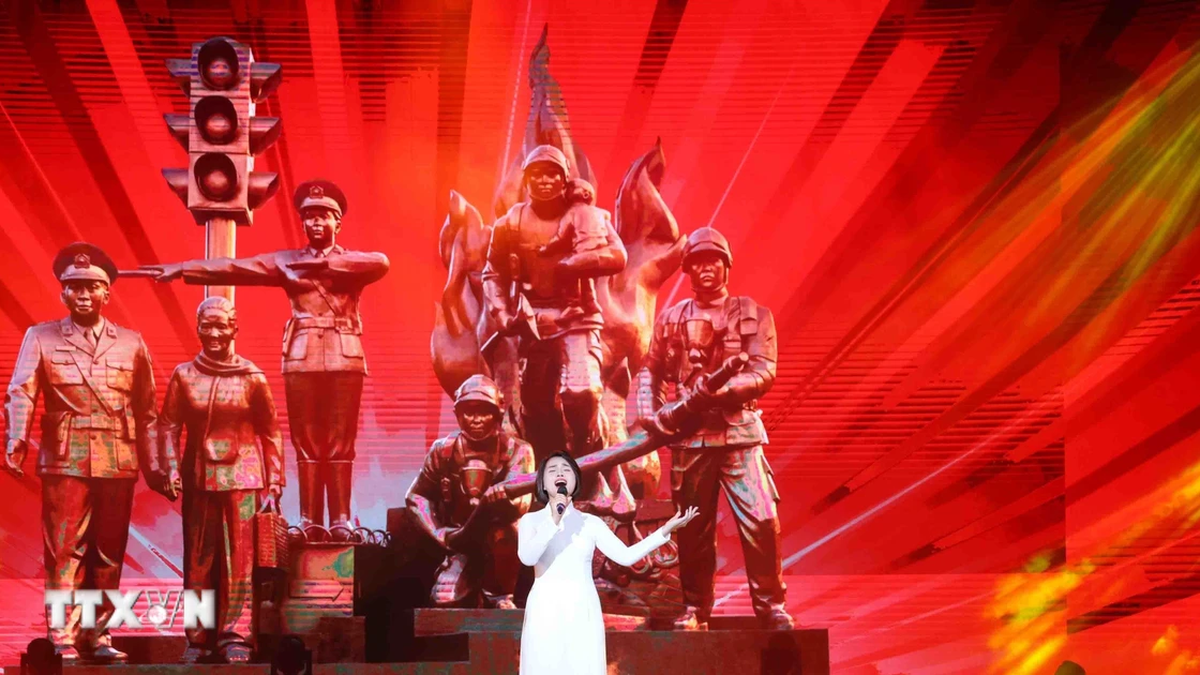
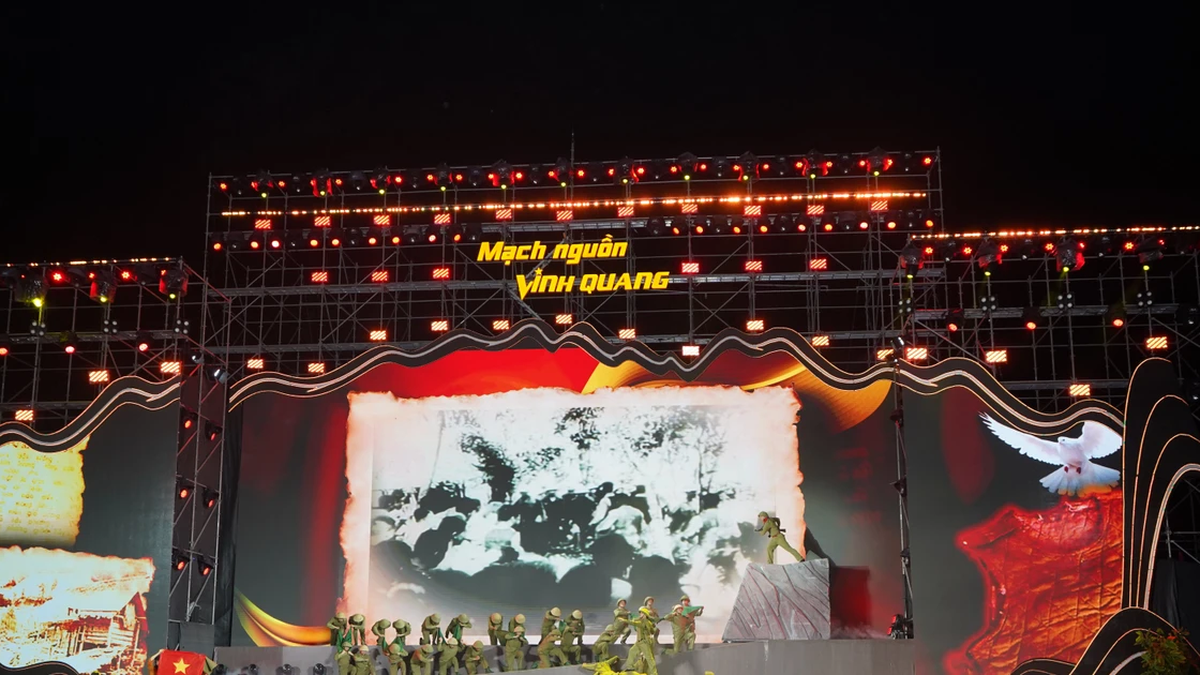
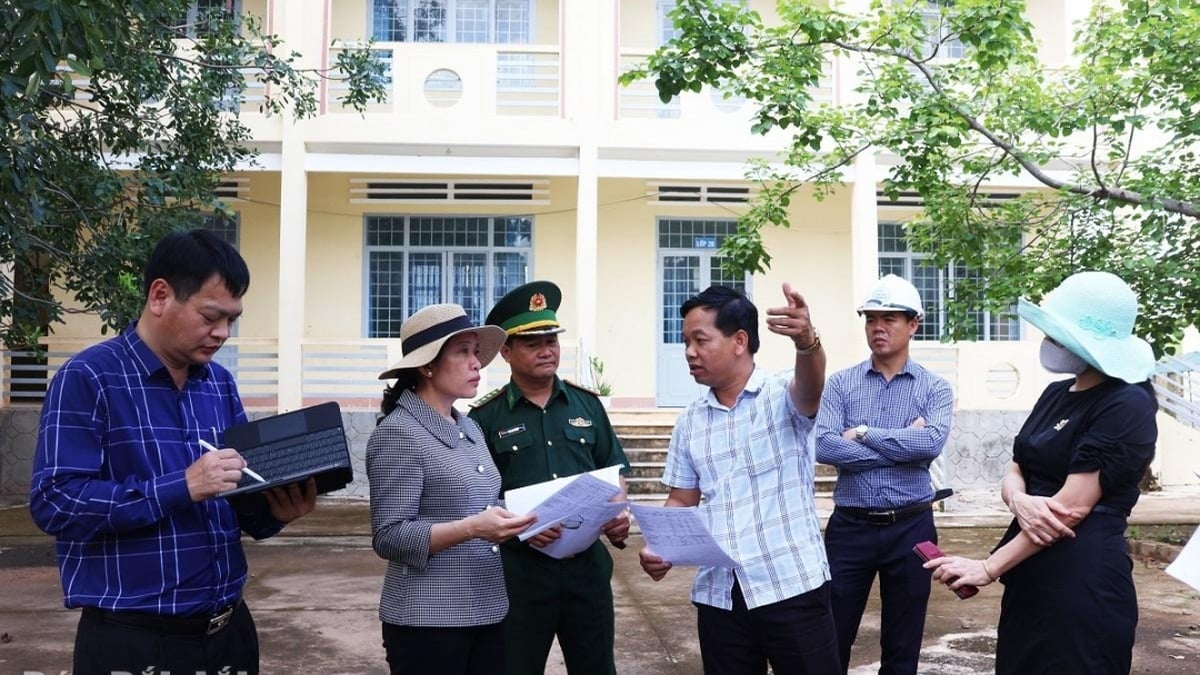
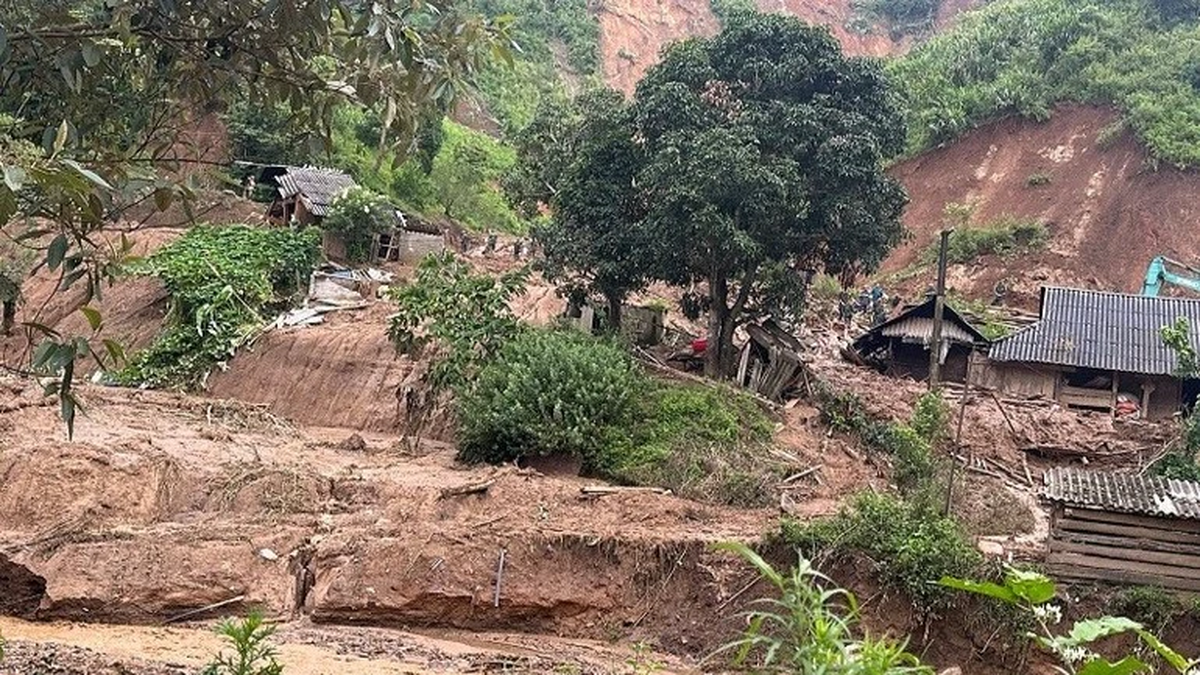
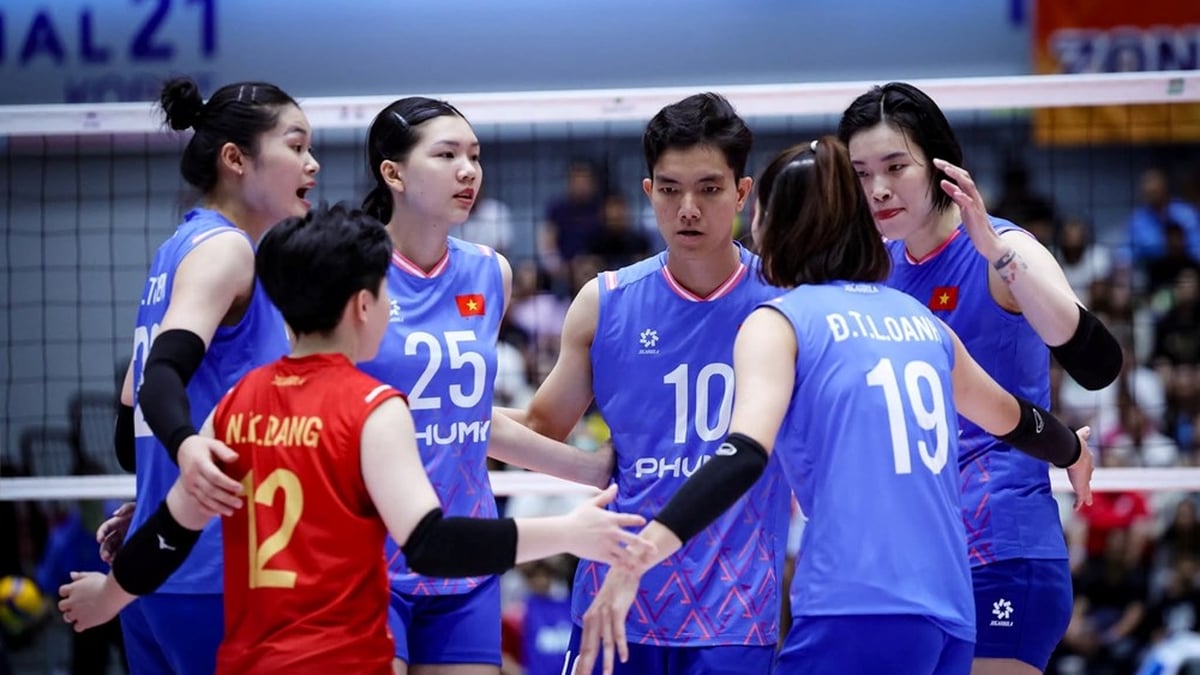
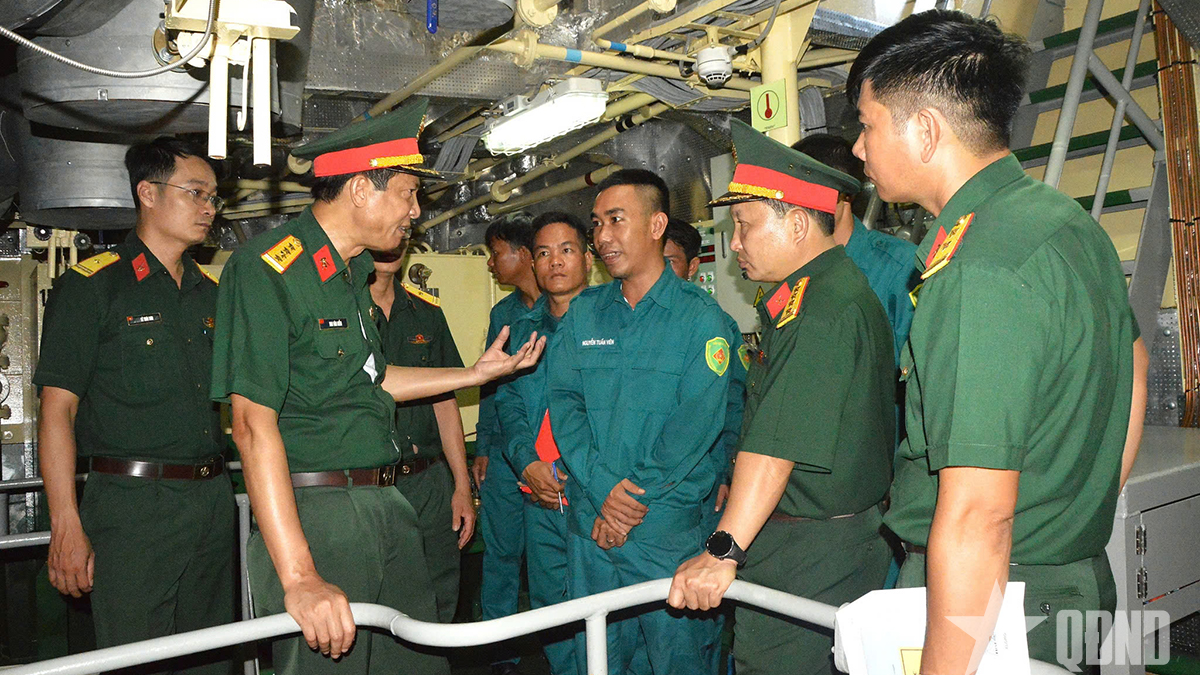

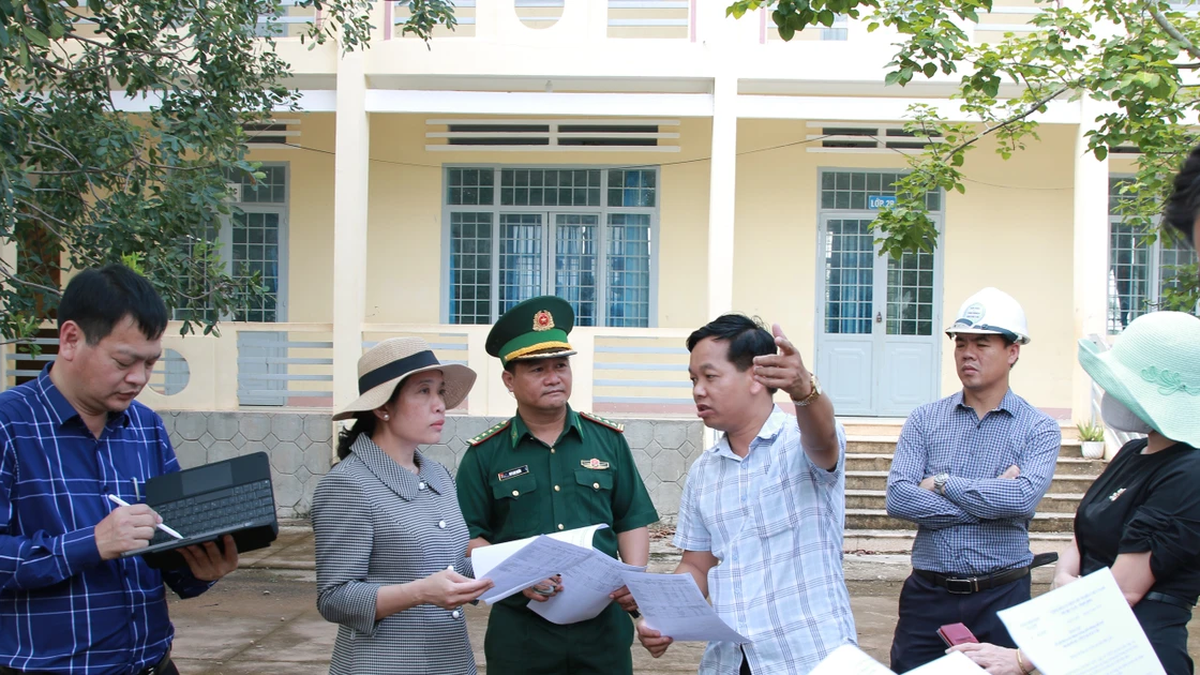
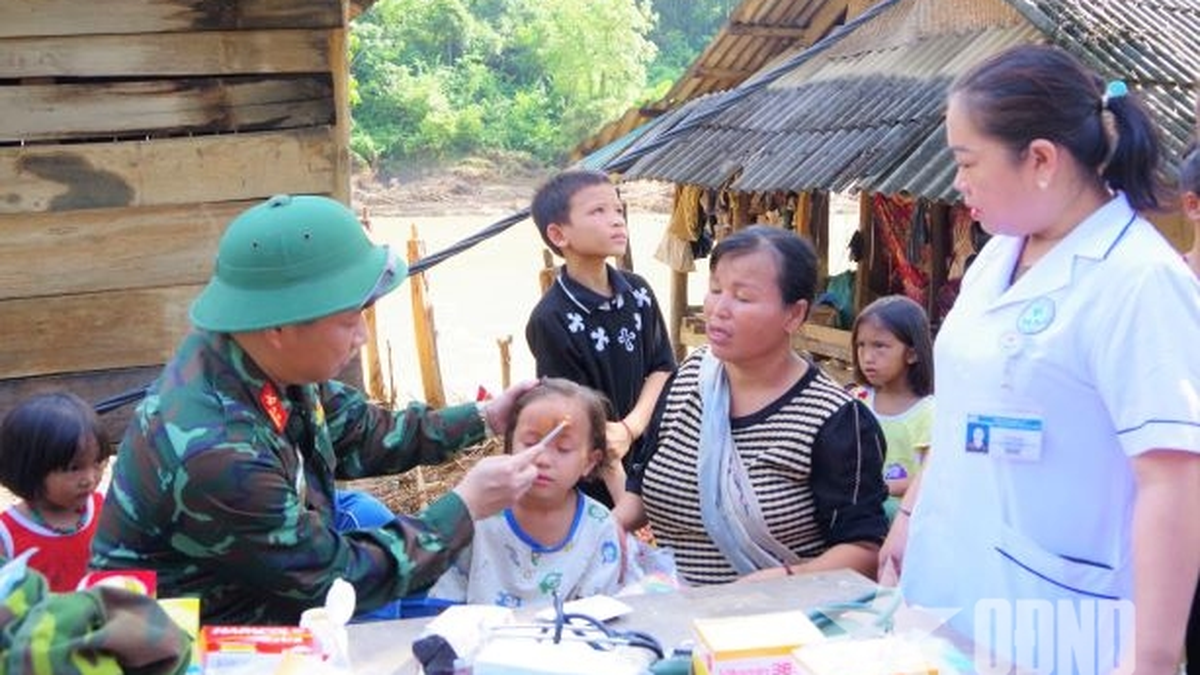
























































































Comment (0)